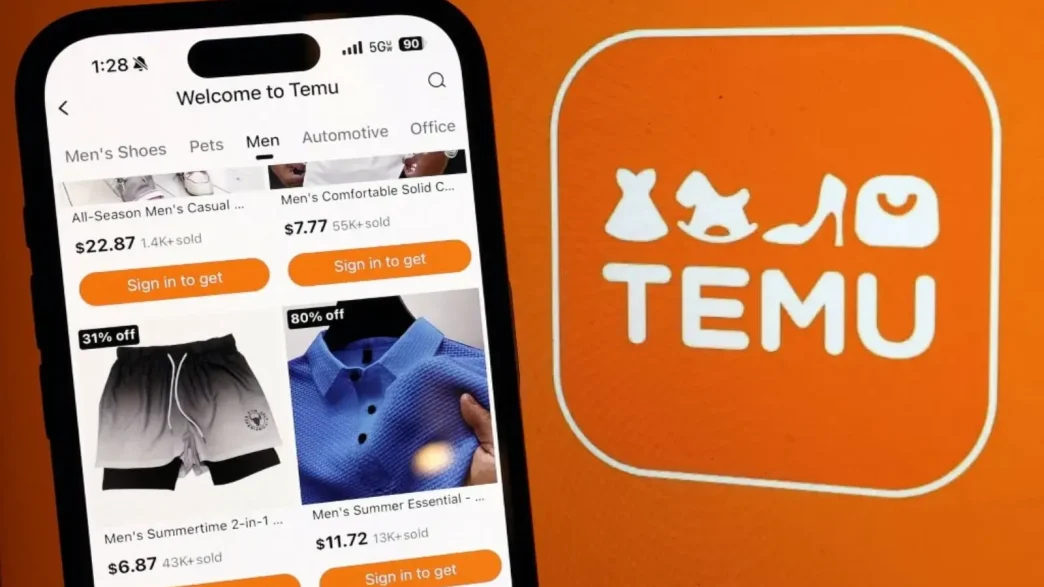Vietnam’s ministry of industry and trade raised concerns in October over Temu’s stunningly low prices and their impact on local producers. (AFP pic)
HANOI: Chinese shopping app Temu has been forced to suspend its services in Vietnam after it failed to register with authorities, state media said on Thursday.
Goods ordered on Temu were no longer being cleared through customs in Vietnam, state media reported, after the company missed an end-of-November deadline to register with the ministry of industry and trade.
It was not clear when or if Temu would be able to resume business.
On Temu’s app, Vietnamese has been removed as an interface language. Users now have the option to select from English, Chinese and French.
The announcement comes after the ministry raised concerns in October over the stunningly low prices on the online marketplace and their impact on Vietnamese producers.
A spokesman for Temu told AFP that they were working with Vietnamese authorities to register their business.
“We have submitted all required documents for the registration,” the spokesman said.
Temu has sucked in consumers across the world with its low prices and all-powerful algorithms.
Since it began operations in Vietnam in October, it has caught the eye of Vietnamese consumers with discounts of up to 90% and free shipping, according to state media.
However, the month of its launch, the ministry raised concerns about the “unusually low prices of its goods, which may impact domestically produced products”, according to the official Vietnam News Agency.
“It is unclear whether they (the goods) are authentic,” VNA cited the ministry as saying.
Temu is also one of the fastest-growing apps in Europe, but the EU has hit the shopping platform with a probe over concerns the site is doing too little to stop the sale of illegal products.
In April, regulators in South Korea opened an investigation into Temu on suspicion of unfair practices including false advertising and poor product quality.













